What Are ERP Systems?
An Enterprise Resource Planning (ERP) system is a comprehensive software platform that integrates and automates all of a company’s core business processes. According to industry leaders, an ERP “automates critical business processes and serves as a shared database for all financial and operational information from across the company”. In other words, instead of each department (finance, HR, sales, manufacturing, etc.) using isolated tools, an ERP centralizes data so everyone is “looking at the same numbers”. This single source of truth ensures data consistency, eliminates errors from duplicate spreadsheets, and empowers employees to make better decisions. For example, Paylocity notes that ERP “unifies operational data from multiple departments into a centralized platform” so teams work from one accurate dataset. An ERP can run on-site or in the cloud, and modern solutions often include powerful analytics to help forecast trends and plan for the future.
How ERP Systems Work
ERP software works by dividing functionality into modules that each handle a specific business area, yet share one central database. Each module is like a tool in a toolbox – for example, the finance module tracks budgets and ledgers, while the inventory module tracks stock levels. When these modules plug into a single ERP, information flows freely among them. For instance, an order entered in the sales module automatically updates inventory and triggers production orders if needed. This integrated workflow means no more manual data re-entry between departments. As NetSuite explains, ERP modules are designed for specific functions but use the same underlying data to “reduce redundancy, ensure data integrity, and create seamless cross-department collaboration”. In practice, deploying an ERP unites previously siloed processes into a coherent, automated system.
Key ERP Modules and Features
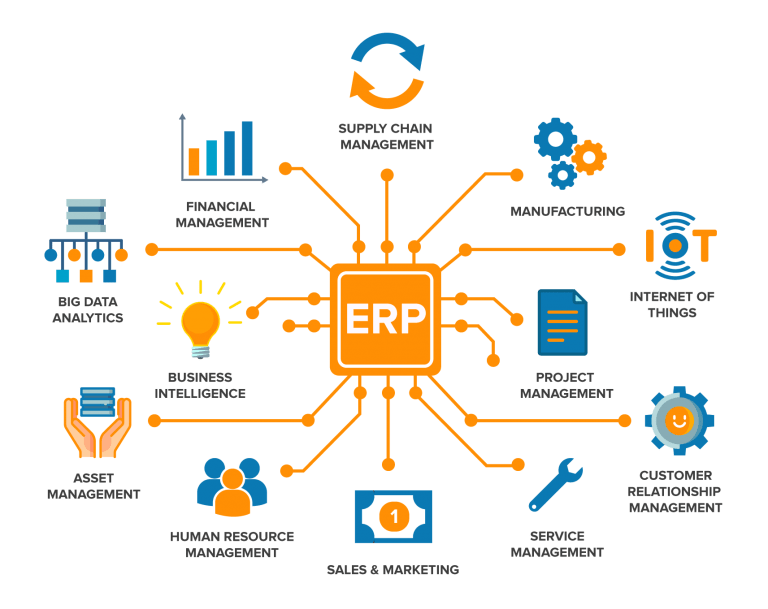
ERP systems typically include a wide range of modules, supporting both front-office and back-office functions. Common modules include:
- Finance & Accounting: General ledger, accounts payable/receivable, budgeting, billing, and financial reporting. (Manages all monetary transactions and compliance.)
- Human Resources (HRM): Employee records, payroll, benefits, time & attendance, and performance reviews. (Automates HR tasks and centralizes staff data.)
- Customer Relationship Management (CRM): Sales pipeline, leads, customer communications history, and service orders. (Tracks all customer interactions and sales opportunities.)
- Supply Chain & Inventory Management: Purchasing, vendor management, inventory tracking, procurement, and warehouse operations. (Ensures optimal stock levels, supplier integration and order fulfillment.)
- Manufacturing & Production: Production planning, scheduling, bill of materials, shop-floor tracking (MES), and quality control. (Helps manufacturers plan runs, manage materials and monitor output.)
- Order & Warehouse Management: Sales order entry, pick/pack/ship processes, logistics and distribution. (Handles order fulfillment end-to-end, improving on-time delivery.)
- Business Intelligence & Reporting: Dashboards, real-time reporting, forecasting and analytics. (Provides managers with up-to-date insights for decision-making.)
- Additional Modules (Optional): Depending on the vendor, ERP may also include Project Management or Professional Services Automation, E-commerce integrations, Marketing Automation, or custom industry modules.
By covering these modules, an ERP provides end-to-end visibility. As one source notes, common ERP software modules “support back- and front-office functions like finance and accounting, procurement, manufacturing, inventory management, order and warehouse management, supply chain management, [and] customer relationship management (CRM)” netsuite.com. Leading ERP solutions also offer modern features like mobile access, AI-enabled analytics, and customizable dashboards.
Benefits of ERP Systems
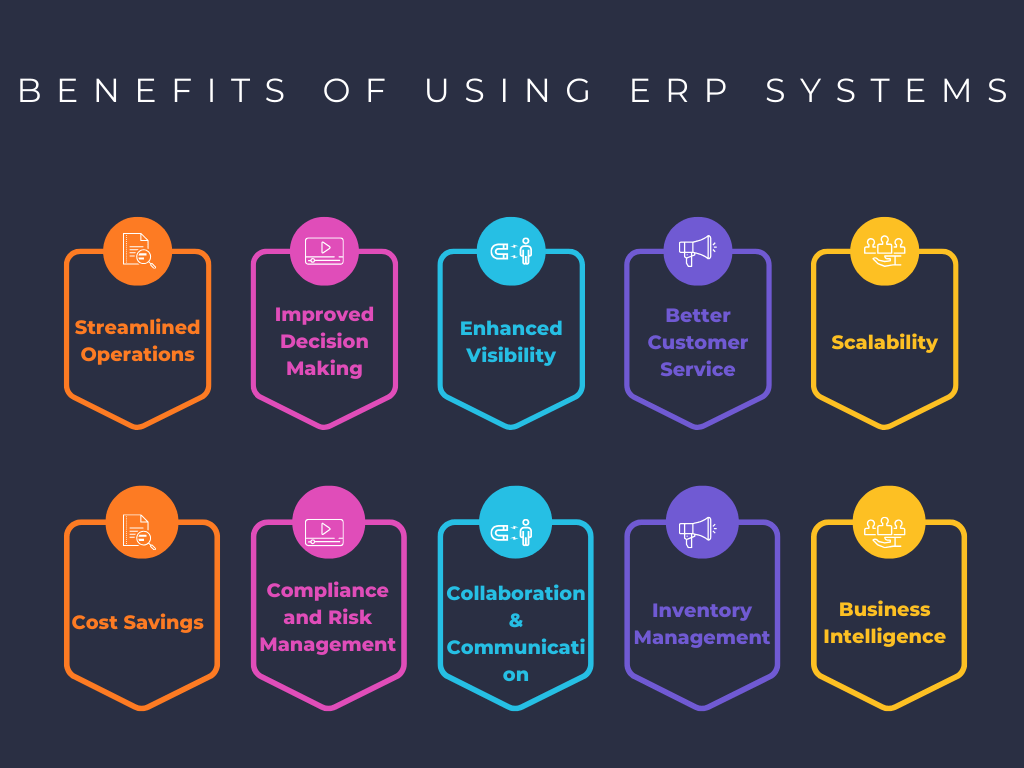
Implementing a well-designed ERP system delivers dramatic business benefits. The core advantage is efficiency through integration. By automating workflows and eliminating silos, ERP systems ensure data consistency and speed up operations axixERP.com. For example, NetSuite reports that ERP “drives better decision-making that leads to more efficient processes and cost savings,” and can “automate many tasks, reducing errors and freeing up employees to focus on more strategic work” axixERP.com. In practice, companies see:
- Elimination of Data Silos: All departments share the same data, so there’s no more reconciling spreadsheets. A single platform means finance, sales, HR, and operations all use one system for updates netsuite.com. This unified data view enhances collaboration and transparency.
- Faster, Better Decisions: With one source of truth, managers gain “real-time insights across all business functions,” improving forecasting and planning axixtechnologies.com. For instance, Axix notes that improved visibility “increases the accuracy of forecasts and business projections”. Centralized analytics and reporting help leaders “identify trends, forecast demand, and adjust operations” proactively paylocity.com.
- Automation and Efficiency: Routine tasks (like order processing, invoicing, or payroll) become automated. This cuts down human error and frees staff for higher-value work. Axix emphasizes how an integrated ERP “reduces manual tasks by automating workflows…while reducing errors and cutting costs”.
- Cost Savings and ROI: By reducing waste, avoiding stock-outs, and speeding up billing, ERPs lower operational costs. In fact, most companies see strong returns: studies report an average ERP ROI of ~52% (for every $1 invested, $1.52 is returned). After a year live, 78% of organizations say ERP boosted overall productivity, and 62% report substantial cost reductions (especially in purchasing and inventory).
- Improved Customer Service: Faster order fulfillment and better inventory tracking lead to happier customers. For example, a robust ERP improves order accuracy and on-time delivery, which keeps customers satisfied and can increase repeat sales.
- Scalability and Compliance: Modern ERP platforms support growth – you can add users, locations or modules as needed without overhauling your system. They also often include built-in support for regulatory compliance (taxes, reporting standards) which evolves with business needs.
For example, automation workflows in an ERP might take hundreds of manual spreadsheet updates and replace them with instant, rule-driven processes. The result is a much leaner operation: Axix Technologies states that clients see faster outcomes, fewer errors, and major time savings when data is managed from one system.
Real-Time Insights & Analytics
ERP systems excel at turning raw data into actionable insight. With one integrated database, companies gain real-time visibility into every aspect of the business. Managers can drill into dashboards showing up-to-the-minute revenue, inventory, production status, and more. As Paylocity highlights, leaders using ERP “have consistent, accurate information,” which “enhances collaboration and enables real-time decision-making” paylocity.com. This level of insight means you can quickly spot trends (sales surges, supply issues) and respond faster. For example, predictive analytics in ERP can forecast demand or cash flow, helping you plan more effectively. Axix’s own platform emphasizes these analytics benefits, noting that unified ERP data helps businesses “manage shared data assets from a single…solution,” empowering “better decisions and faster, smarter actions”.
Axix Technologies’ ERP Solutions
Axix Technologies brings expertise and trust to every ERP implementation. With over 25 years in business, Axix has been a trusted IT partner for both small businesses and Fortune 100 enterprises. We understand that deploying ERP is not just a technical project but a transformation: the goal is to empower your people and processes. Key reasons Axix ERP solutions stand out include:
- Proven Track Record (25+ Years): Axix has delivered digital transformation and ERP integrations globally, earning repeat clients through expertise and on-time delivery. Our testimonials show customers consistently refer us to others.
- Seamless Integration: Beyond core ERP, we specialize in connecting ERPs to other critical systems (like Product Lifecycle Management and databases). As one client reports, “Axix integrated our PLM and ERP system to reduce the number of manual database checkups. The new system does lookups in seconds vs. hours, saving hundreds of man hours each month”. This real-world outcome illustrates how Axix ties systems together to eliminate bottlenecks.
- Customizable & Comprehensive: Axix doesn’t overwhelm you with unused features. We analyze your processes and implement only the modules you need (finance, HR, CRM, etc.), then layer in industry best practices. We pride ourselves on tailoring ERP – for example, we can help a manufacturer integrate production planning with inventory, or a retailer unify e-commerce with in-store sales.
- End-to-End Support: From initial business process review to go-live, Axix provides expert guidance. We help you select the right modules, customize reports, migrate data, and train your team. Clients often remark on our “consultative approach” – we not only deploy technology but ensure it genuinely improves their day-to-day work.
- Global Reach and Security: Axix is based in the USA (Plano, TX) but serves companies worldwide, including in Pakistan, the Middle East, and beyond. We follow rigorous security standards and best practices (backed by our cybersecurity expertise) to protect your business data at every level.
In summary, Axis Technologies combines deep ERP knowledge with a customer-focused approach. We align the ERP solution with your business goals. As Axix’s own overview puts it: by connecting every part of your business into one system, you can “streamline disparate operations into a single integrated system that connects every facet of your business”. That’s the Axix difference.
Industries Served
Our ERP offerings are industry-agnostic and highly adaptable. Axix has implemented ERP and integration projects in sectors including manufacturing, oil & gas, finance, automotive, healthcare, food & grocery, and even specialized fields like airports and government. Each industry has unique workflows – for example, manufacturers need detailed production and inventory modules, while healthcare providers focus on patient and billing data. We tailor the ERP to fit those needs.
Axix’s broad partnerships (see our “Solutions” section) reflect this diversity: we apply ERP best practices from one industry to innovate in another. For a retailer or e-commerce business, that might mean integrating point-of-sale data and supply chain. For a service company, it might mean emphasizing project management and financial modules. The bottom line is that every business can benefit from core ERP capabilities – automation, reporting, and unified data – and Axix ensures those capabilities are aligned with your sector’s demands.
Customer Success Stories
Axix’s clients consistently share positive outcomes. For example, a recent aerospace manufacturing client had been running multiple siloed databases and manual processes. After implementing Axix’s ERP integration, they saw database lookups go from hours to seconds, eliminating manual data pulls – “saving hundreds of man hours each month”. In another case, a health provider consolidated billing, HR, and logistics into one ERP platform, cutting month-end closing time by half (gaining agility and reducing overtime costs).
These successes are not isolated. As our testimonials note, Axix’s blend of IT and business expertise has led to high customer satisfaction. Clients repeatedly praise our “expertise, accountability and on-time delivery,” which is why over 85% of organizations report meeting or exceeding their ROI expectations with Axix-supported ERP implementations. Indeed, studies show that well-executed ERP projects (like those Axix leads) improve performance for 83% of companies and are especially effective at optimizing inventory levels (benefiting over 90% of users).
Get a Demo or Consultation Today
Implementing the best ERP system can transform your business – streamlining operations, empowering employees, and driving growth. Axix Technologies is ready to partner with you on this journey. Request a personalized demo or consultation to see our ERP solutions in action. We’ll work with you to map your processes, demonstrate key features, and outline how an Axix ERP deployment can deliver quick wins and long-term value.
Contact us today to experience firsthand why Axis Technologies’ ERP systems are considered among the best in the industry. Let’s turn your fragmented systems into a single unified engine for efficiency and insights – so you can focus on running and growing your business, not managing spreadsheets.

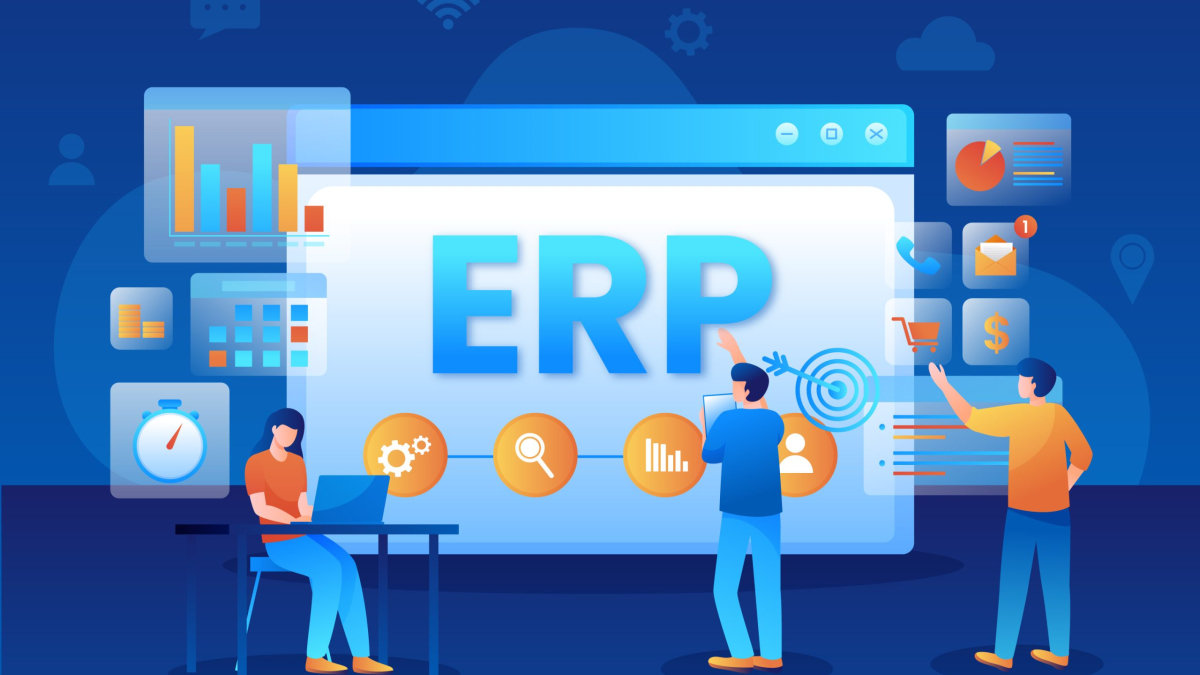
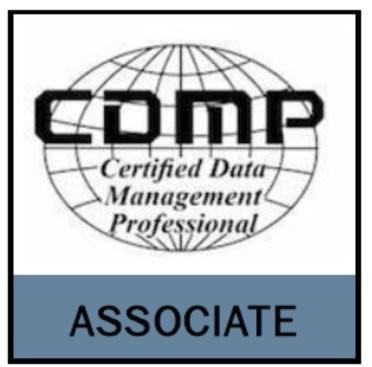
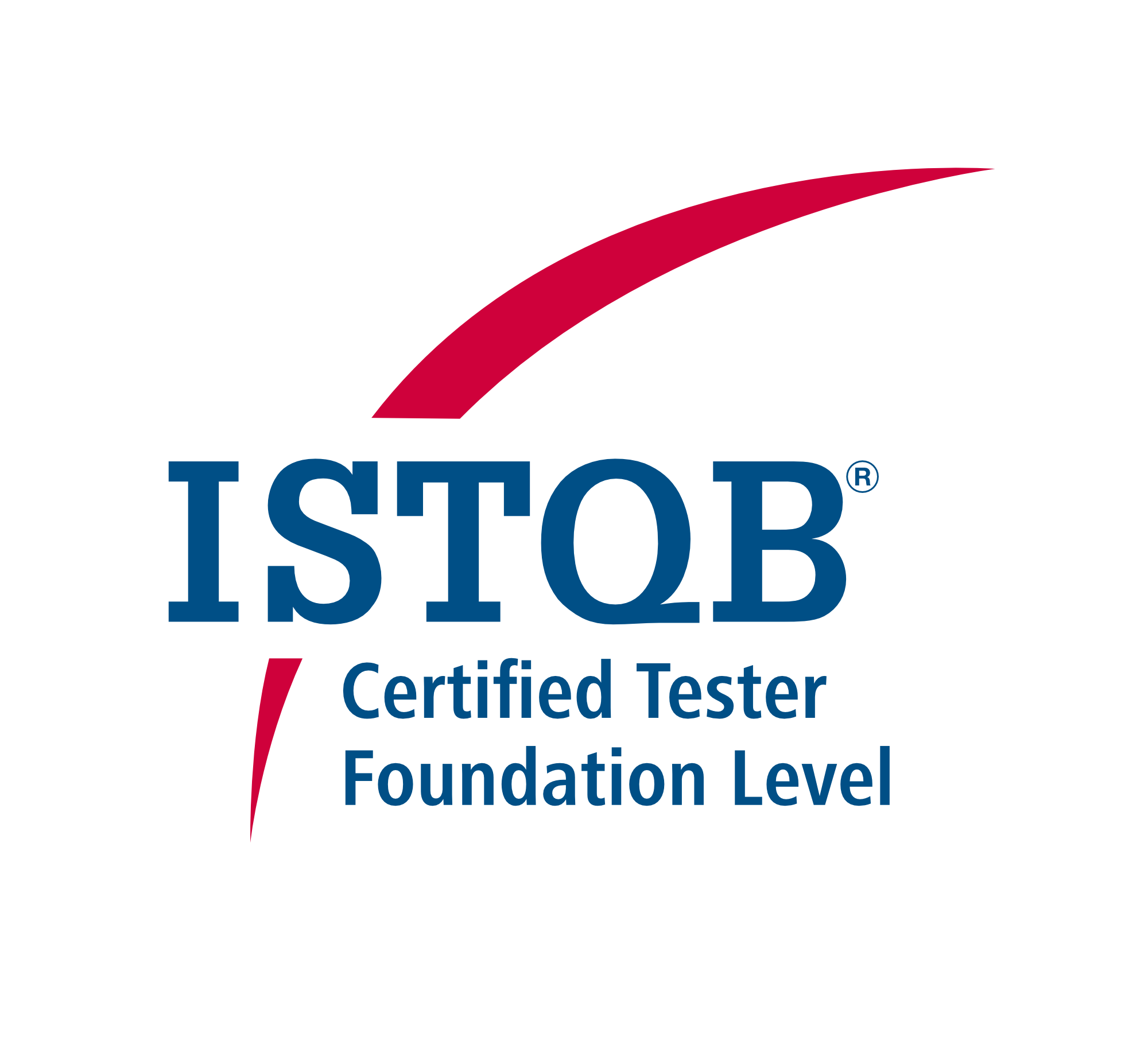


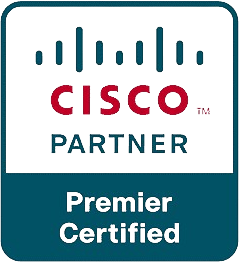


Add a Comment